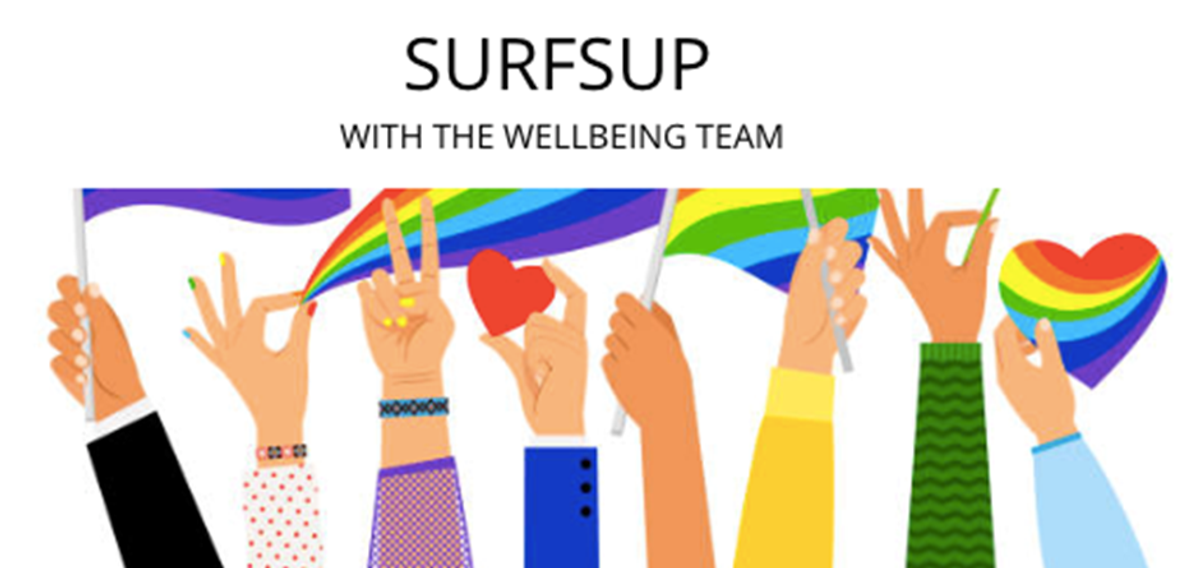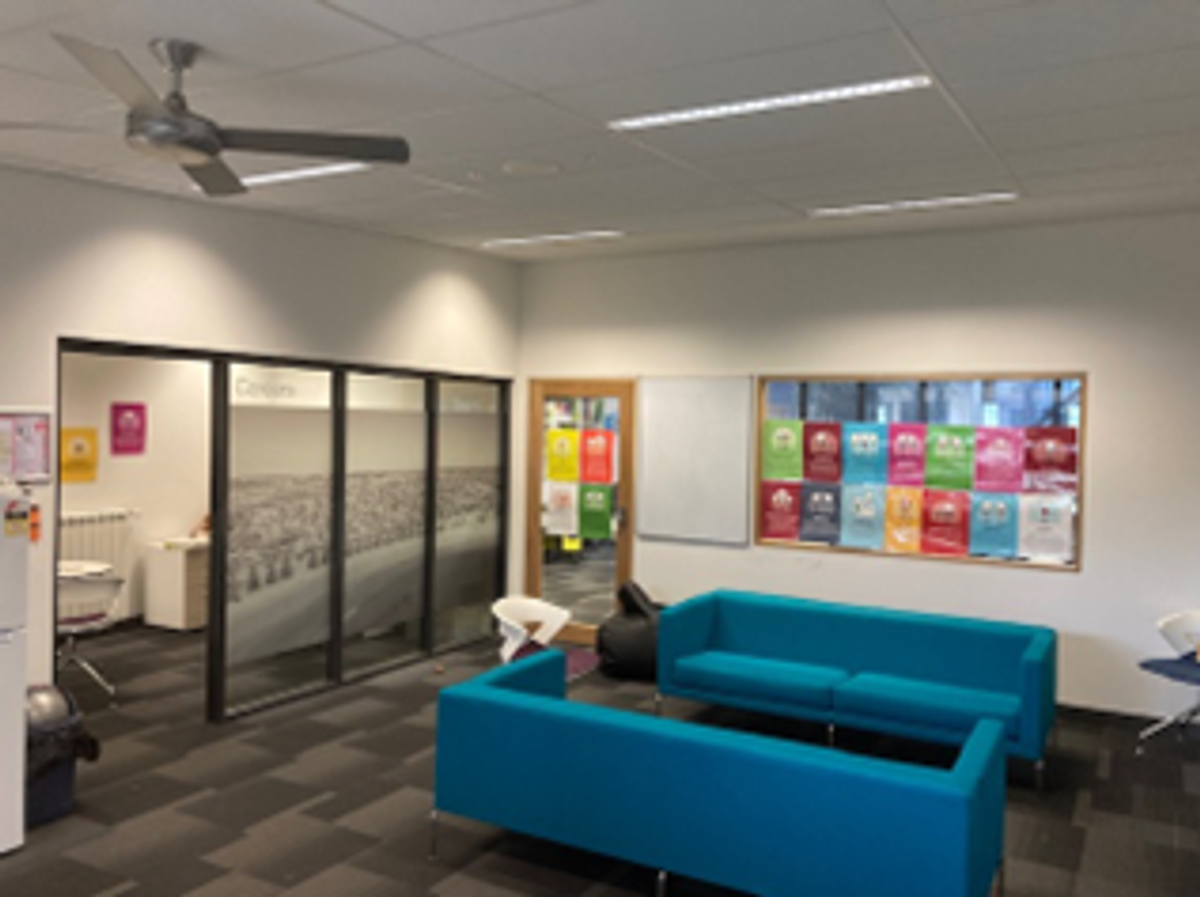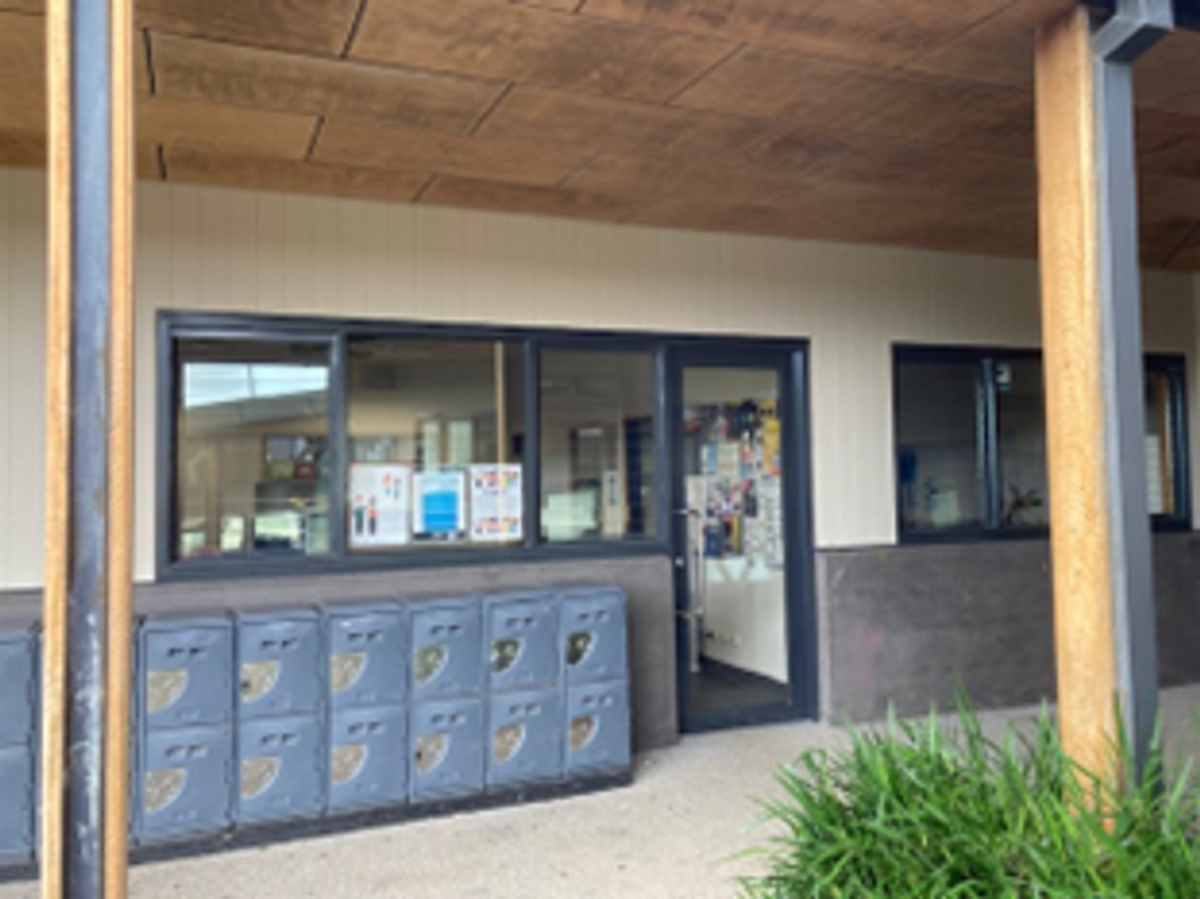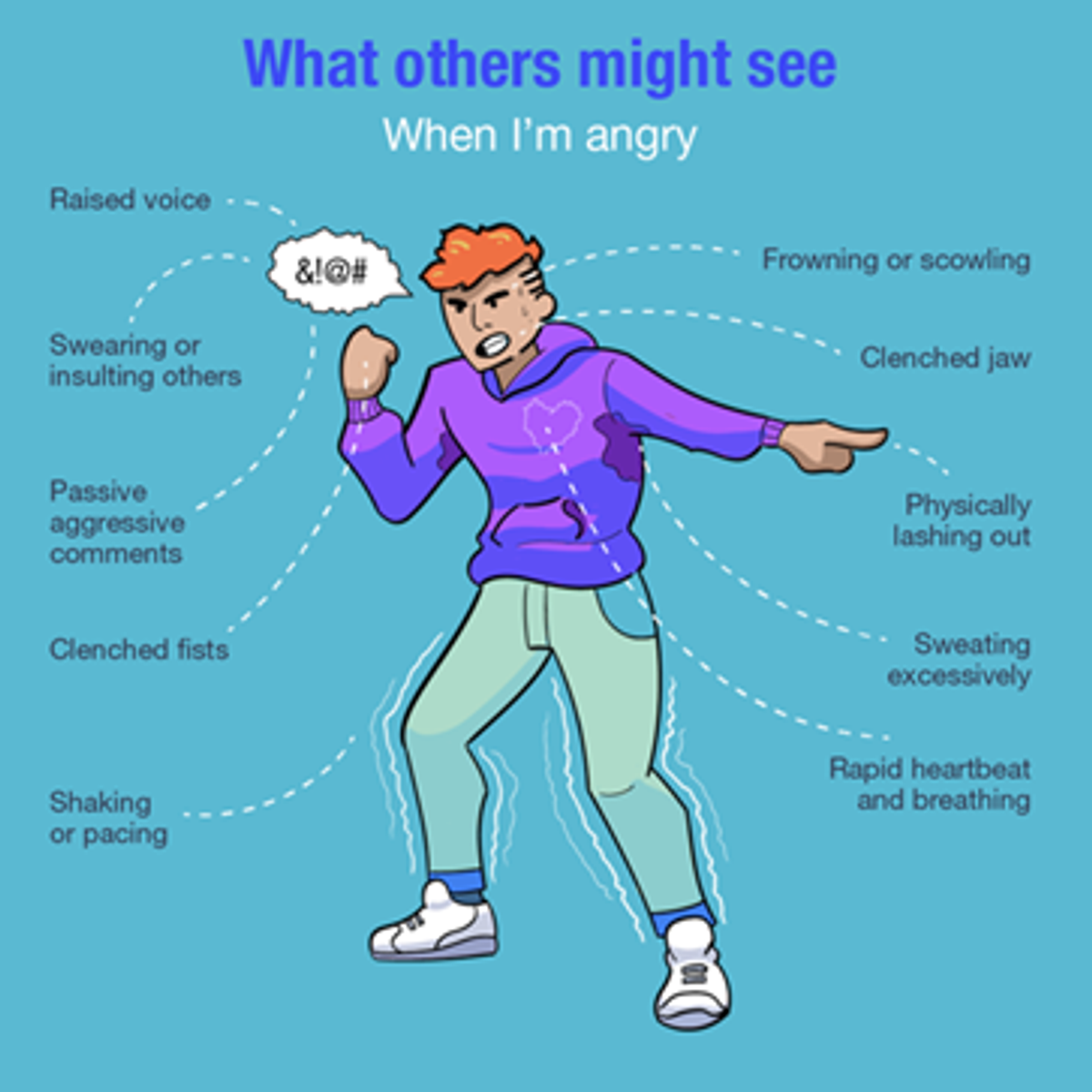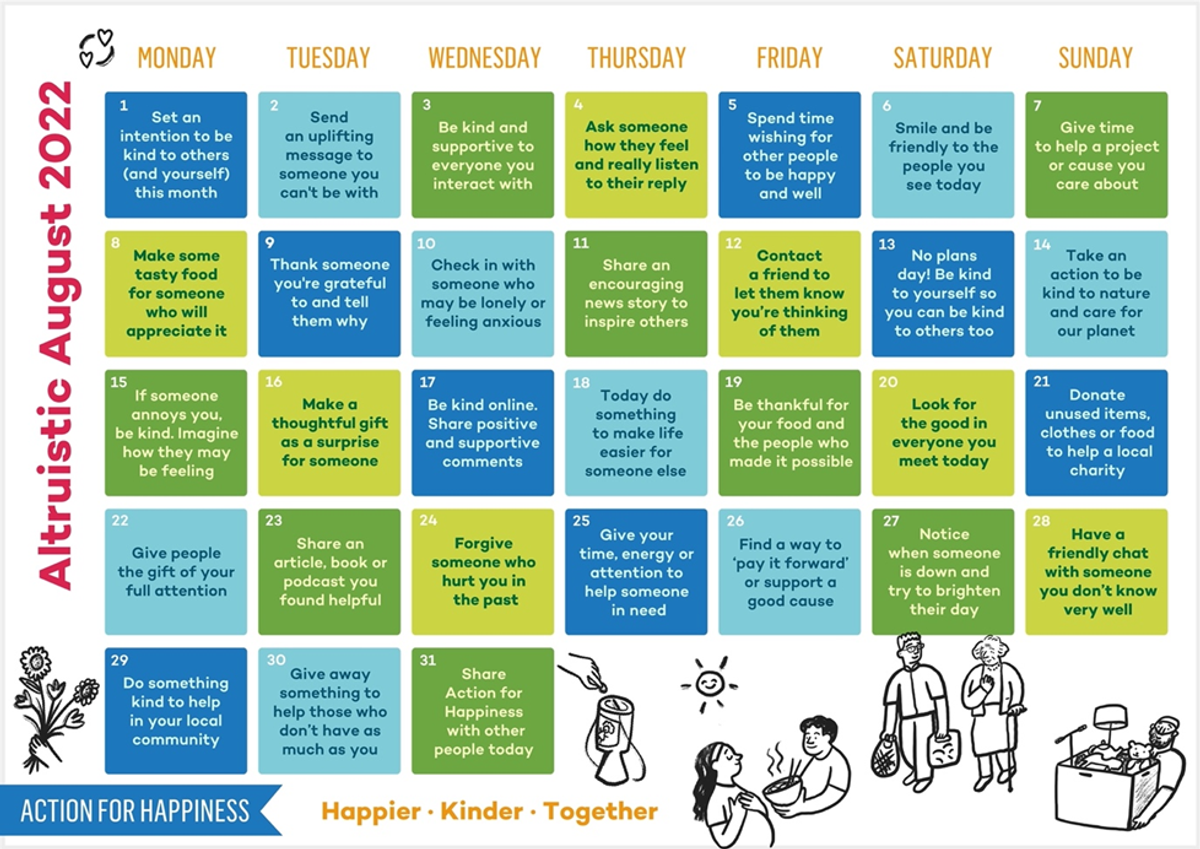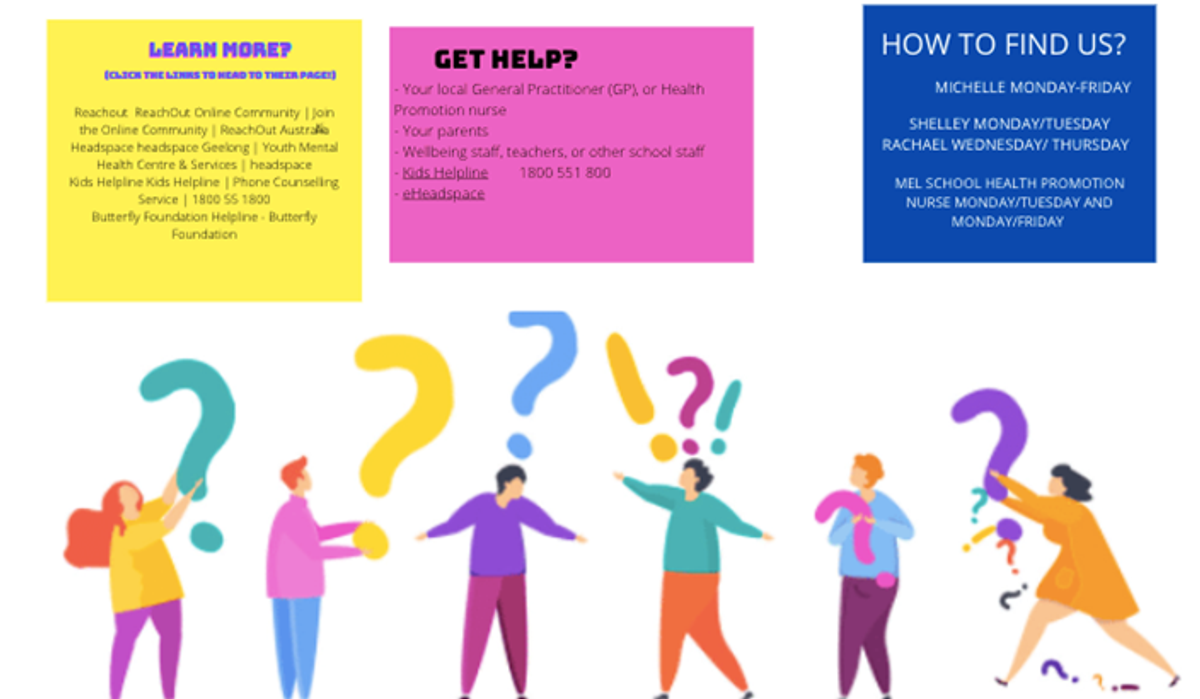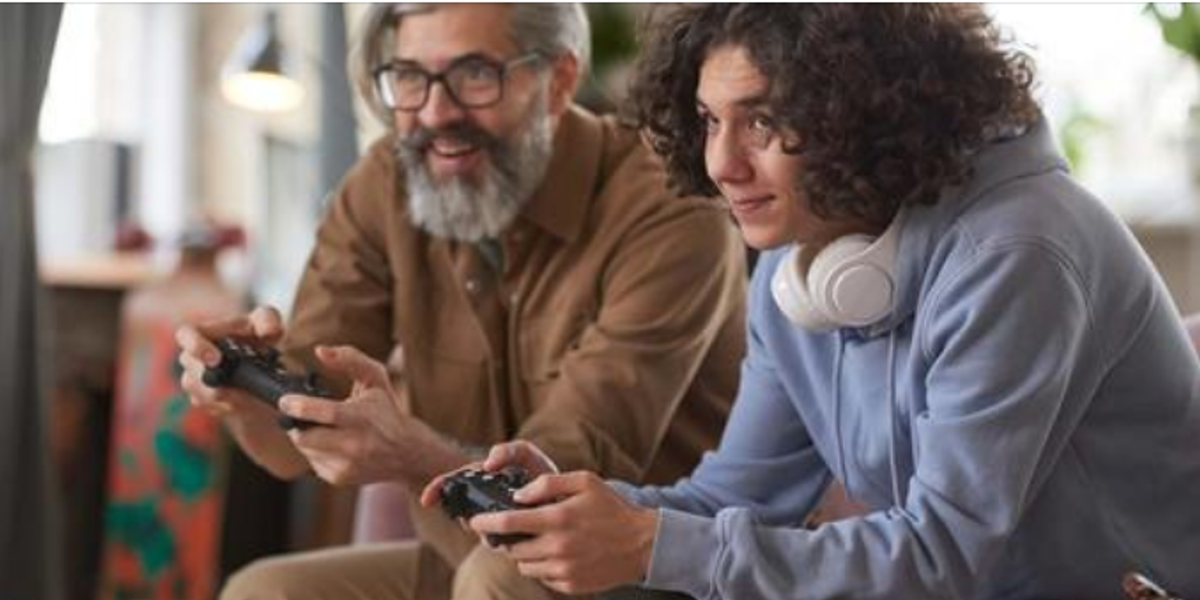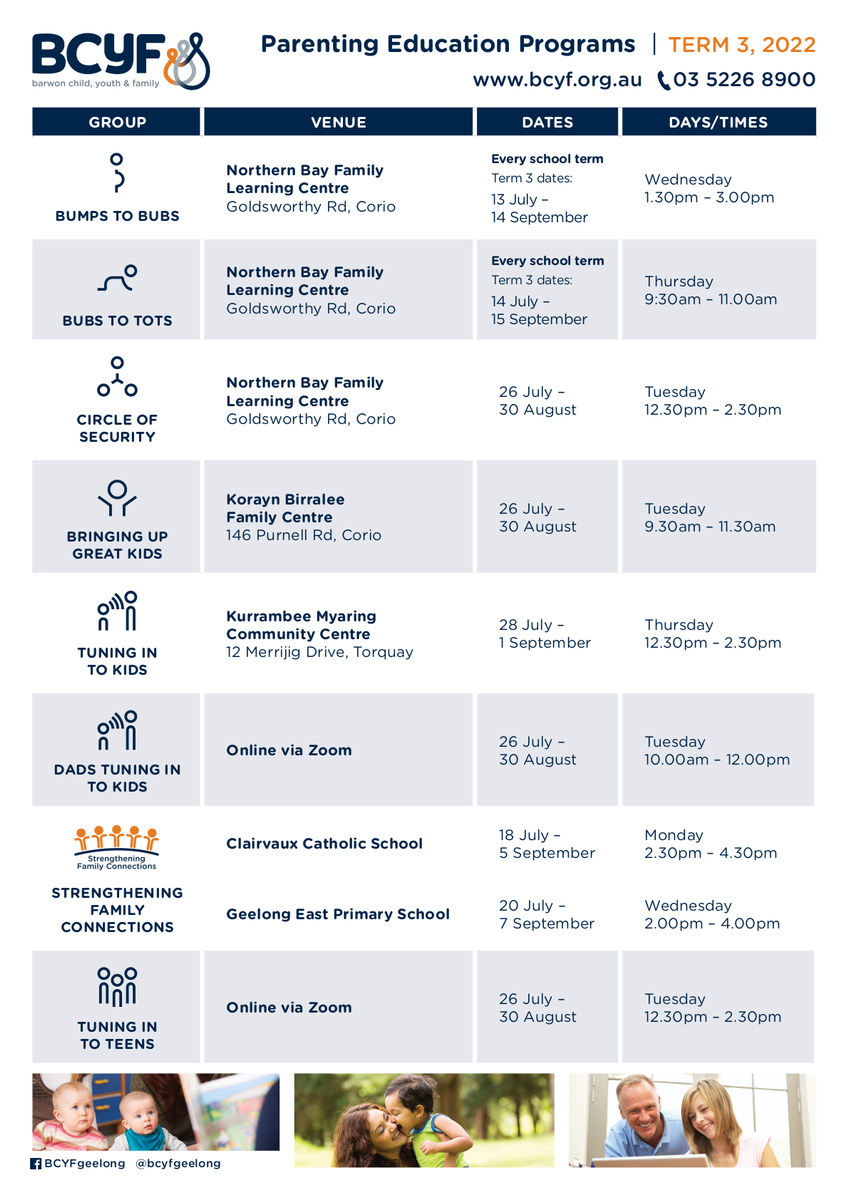WELLBEING
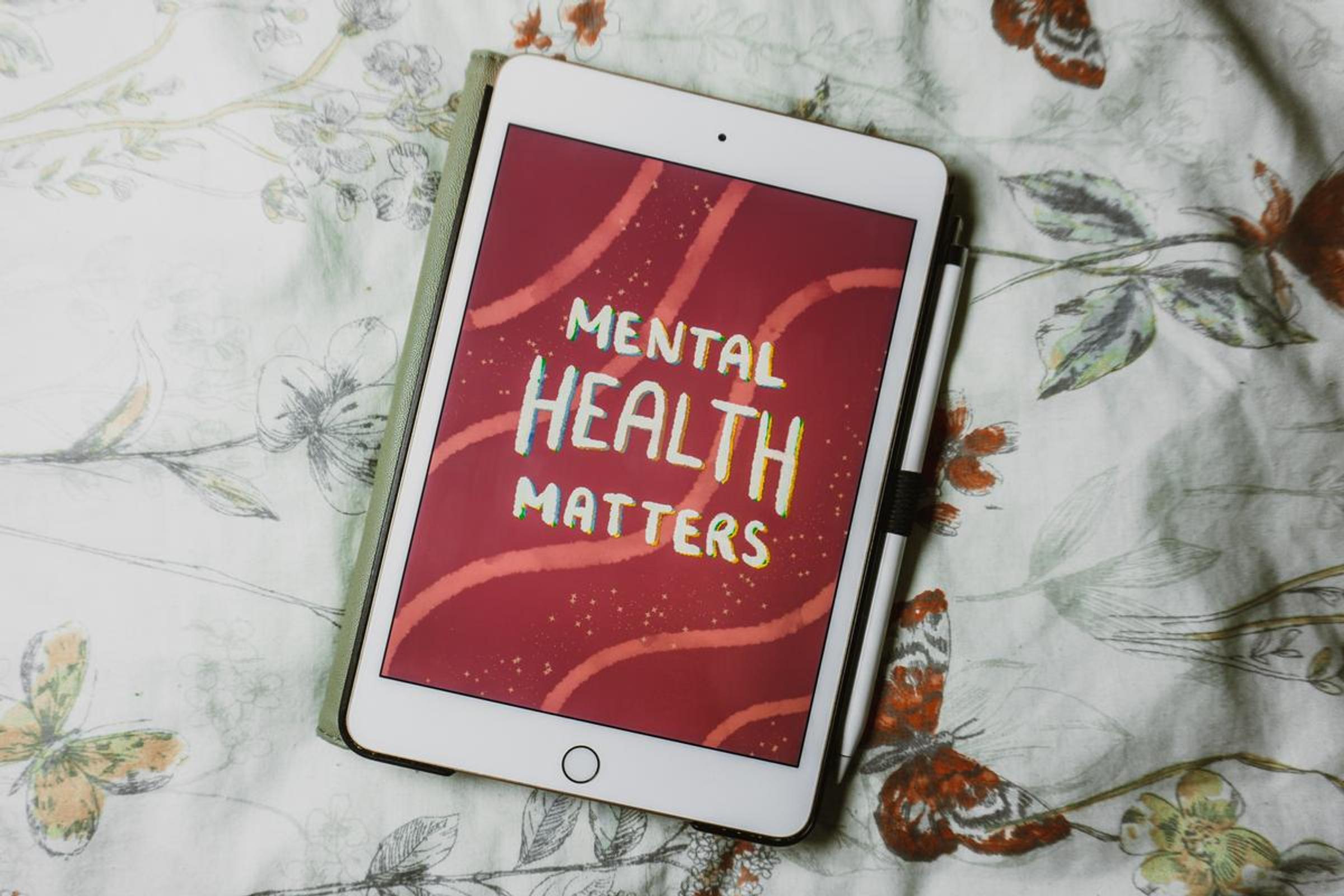
The Wellbeing Team has Moved!!!
We are excited to be to be in our new location- a space that will continue to be welcoming and connected to our school community. Out location is fabulous - located near the art room and home economic rooms. Please feel free to drop in and say 'Hi' to us.
Week 5 of Term 3 has come around very quickly. The term is flying by – weather has been mostly sunny- and students we feel are happy and enjoying be at school.
Friday 12th August is International Youth Day which recognises the right of every young person to live a safe, happy & healthy life! You can see what this year’s theme is by following this link https://www.un.org/development/desa/youth/iyd2022.html
Being Adolescent ….
Adolescence can sometimes present itself as a challenging time. This newsletter will touch on Anger- we all experience it at some time – it’s part of being human. How it makes us a feel and we approach and deal with it is the important thing.
What is anger?
Anger - like all emotions, anger can make you feel different things. You might feel frustrated, annoyed or irritable. Your body might feel tense, your heart might start racing and you might feel a surge of energy from adrenaline in your system.
Anger is a natural reaction when you feel your boundaries, values or actions have been challenged or criticised. It can be caused by: external events, such as rainy weather, cancelled plans, or someone being rude to you; or internal events, such as your thoughts. For example, you might feel frustrated with yourself if you don’t do as well as you wanted in an exam or sports game.
A certain amount of anger can be a good thing, as it can help to motivate or energise you. For example, if you felt angry about your mark in an exam, your anger might motivate you to study harder next time. But when anger feels constant, overwhelming or out of control, it can become harmful for you and the people around you.
What are the different types of anger?
There are three main ways that anger is expressed.
Assertive anger: This involves expressing your anger about an issue in a healthy, non-threatening way, by calmly and confidently explaining your perspective on it and suggesting how the situation can be avoided in future.
Passive–aggressive anger: This involves trying to repress your anger to avoid a confrontation. Your anger will often end up being expressed in ways that may undermine other people. While passive–aggressive anger can make you feel better in the short term, it doesn’t give you the opportunity to fix the cause of the problem.
Aggressive anger: This involves mixing anger with aggression. You might lash out and feel unable to control your emotions and how you act. Aggressive anger can sometimes lead to hurting other people or yourself.
It’s important to note that while anger and aggression can sometimes feel related, they are separate things. Anger is an emotion that we all feel, but aggressive or violent behaviour is never acceptable. If you feel the urge to act aggressively when you are angry, it’s possible to learn new ways of responding to anger.
How can I manage my anger?
Like all emotions, feelings of anger and frustration aren’t permanent and will pass in time. If you find yourself feeling angry, here are some ways you can calm yourself down:
- Do a breathing exercise. Regulating your breathing can help to slow down your heart rate, making you feel more in control of the situation. Try the 4-7-8 technique: breathe in for four seconds, hold your breath for seven seconds, and breathe out for eight seconds. Here is some from Headspace …
https://www.youtube.com/playlist?list...
- Write down how you feel. This is a way to get all your thoughts out in a private way that won’t hurt anyone. Once you’re calmer, you’ll be able to read back what you’ve written and think about what to do next in a more objective way.
- Do some physical exercise. Getting away from the situation, breathing some fresh air and moving your body can help you to calm down. You could do a gentle exercise, like going for a walk or stretching, or a more intense exercise, such as running.
- Call or text someone you trust. Talking can help you to process how you’re feeling, and it can often be useful to get an outsider’s perspective. Try to give your friend a heads-up by saying, ‘Do you mind if I talk to you about [situation]?’, rather than just venting.
Going to get support and help….
As always stay kind and reach out if you need Michelle, Mel, Shelley and Rachel.
Raising Children Network upcoming webinar - Understanding gaming
For pre-teen and teenage children, gaming can be a social activity that encourages co-operation, group problem-solving and teamwork. It can also be a way for children to unwind or explore their creative sides.
Raising Children Network’s August webinar will help families with children aged 11-16 years learn more about their child’s gaming and how to make the most of it. It will also cover how to reduce the risk of negative gaming behaviour and why it’s good to join in sometimes!
The session will be presented by Daniel Donahoo, who works with organisations, educators, parents and children to create safe, engaging digital experiences.
The webinar is on Tuesday, August 16, 7pm-8pm (AEST).
Find out more and register here.
BCYF - Barwon Child, Youth & Family
Surf Coast Shire Early Years in partnership with BCYF are hosting a 6 week Tuning in to Kids support program for parents of children aged 3 years – 12 years.
The program aims to:
• Help parents teach their children to understand and manage their emotions.
• Support parents in encouraging children to express emotions appropriately.
• Maximise children’s social, behavioural and learning outcomes.
Thursdays weekly 28 July – 1 September
12.30pm – 2.30pm
Kurrambee Myaring Community Centre, 12 Merrijig Drive, Torquay
Bookings are essential.
For more information and to book your place, please contact:
5226 8900
-------------------------------------------------------------------------------------------------------------------------------------

